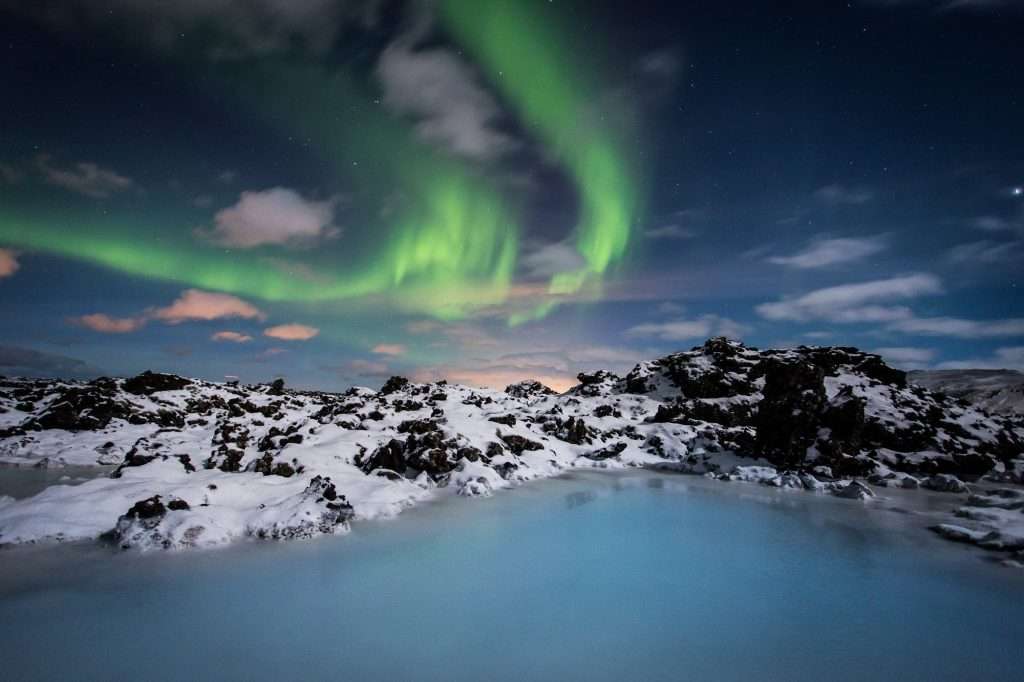Norway has emerged as the “greenest” country in Europe according to recent research.
A new study conducted by solar energy experts at Hemsol has placed Norway at the pinnacle of environmental friendliness in Europe. This comprehensive research utilized a variety of factors, including renewable energy share, recycling rates, and carbon dioxide emissions, drawing on data from reputable sources such as the European Environment Agency, the Odyssee-Mure Project, and the Energy Institute.
The Hemsol study provides a bird’s eye view of Europe’s environmental landscape, highlighting the efforts of nations, particularly in Northern Europe, to combat climate change and promote sustainability. It underscores the vital role of policy and public participation in achieving environmental goals.
William Bergmark, the founder of Hemsol, highlighted the significance of the study’s findings. “It’s interesting to see how six of the countries in the top ten are Northern European and how all Scandinavian countries figure in the top five,” Bergmark said. “This is a testament to their commitment to the environmental cause more than anyone else in Europe, and this can be seen both in the data and in the practical regulations that they have put in place both at home and that they have pledged to help with internationally.”
Norway’s achievement is particularly notable given its high carbon dioxide emissions per capita and extensive farmland area. Despite these challenges, the country’s substantial share of renewable energy in 2022 was a key factor in its top ranking. Norway’s environmental efforts extend beyond its borders, with the government pledging up to 3 billion Norwegian Krone annually to aid the preservation of the world’s tropical forests and enhance the livelihoods of those dependent on these ecosystems.

Austria secured the second spot, due in part to its citizens’ preference for public transport over personal vehicles, reducing the country’s overall carbon footprint. Austria also boasts a high recycling rate and ranks sixth in Europe for low carbon dioxide emissions.
Finland took the third spot, propelled by its ambitious new Climate Act, which went into effect last July. The Act sets forth robust emission reduction goals for the upcoming decades, aiming for a 60 percent cut by 2030, 80 percent by 2040, and a 90 to 95 percent reduction by 2050, using 1990 levels as a baseline. Finland’s goal is to achieve carbon neutrality by 2035.
Iceland claims the fourth position, with one of the lowest carbon dioxide emissions rates among the top ten and the highest rate of renewable energy use in Europe. The country aims for carbon neutrality before 2040 and a 40 percent reduction in greenhouse gas emissions by 2030. Iceland’s 2020 updated Climate Action Plan, comprising 48 specific actions, is the main instrument driving these objectives.
Sweden rounds out the top five, boasting a high woodland area and the second-best renewable energy share in Europe. The country is on a path to eliminate net greenhouse gas emissions by no later than 2045, requiring at least an 85 percent reduction from 1990 levels by that year.
Related on Ethos:


